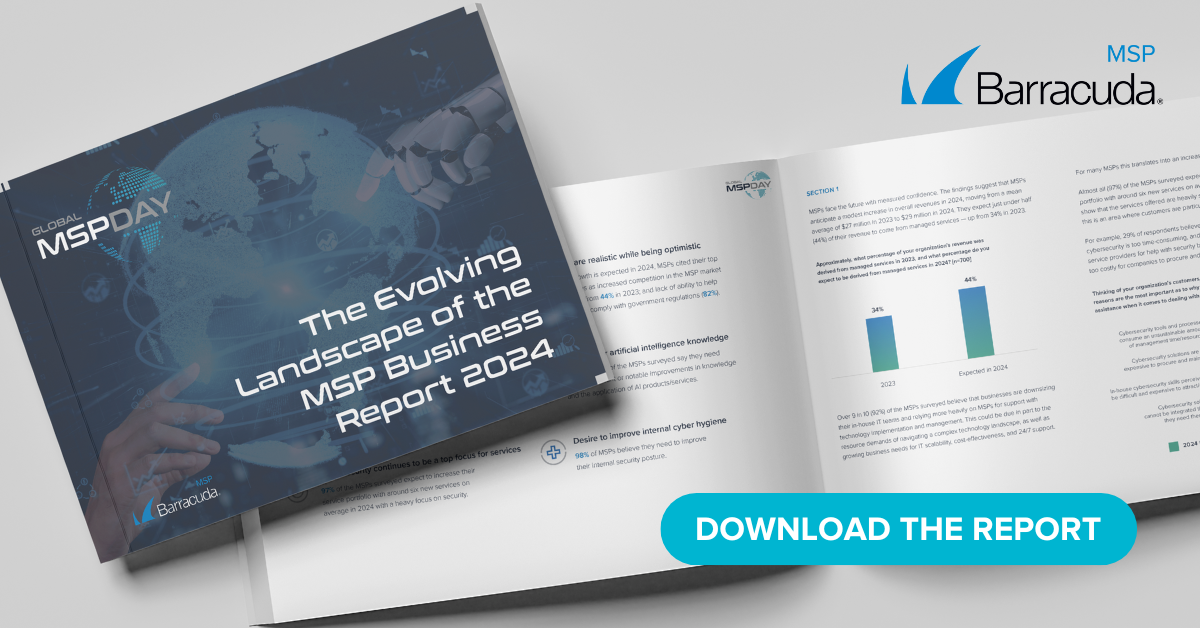 Managed service providers (MSPs) have over the last 10 years racked up a significant amount of revenue helping organizations move data into the cloud. However, a new survey suggests that there is now an opportunity starting to emerge to help organizations to move data between clouds.
Managed service providers (MSPs) have over the last 10 years racked up a significant amount of revenue helping organizations move data into the cloud. However, a new survey suggests that there is now an opportunity starting to emerge to help organizations to move data between clouds.
A survey of 100 IT professionals conducted by Civo, a provider of cloud services based on Kubernetes, finds a total of 82 percent currently rely on either Amazon Web Services (AWS) or Microsoft for public cloud infrastructure. However, more than a third (34 percent) of respondents also report they now feel locked into the public cloud service provider.
The primary reason survey respondents cited for feeling that way is data transfer costs are too expensive to move off their current cloud (65 percent).
Simple inertia also seems to be a factor. A third of the total respondents (33 percent) said they had always used the same cloud service provider. Nearly two-thirds (62 percent) also admit they are concerned that alternative cloud providers would suffer more outages. However, 45 percent of respondents conceded they are under growing pressure to reduce cloud costs, so many are evaluating their options.
Selecting the right cloud(s) is not without its challenges
The debate, of course, is no one is quite sure to what degree consolidating workloads on a single cloud reduces costs, or whether it creates lock-in that ultimately prevents organizations from negotiating better terms by forcing cloud service providers to compete more aggressively for the privilege of running any given set of workloads.
Another factor that impacts that decision is outages. An increasing number of organizations are becoming aware that outages in the cloud occur more frequently than they initially realized. As such, more organizations are at least considering spreading workloads across multiple cloud service providers to better ensure availability. The challenge is that requires not only moving data but also keeping it synch across a diverse set of cloud services.
Cloud service providers alas don’t have a vested interest in making any of that easy. In fact, they clearly make it difficult to move data out of their platforms. However, whether they like it or not it’s also become apparent that cloud computing has become a commodity. The truth is the bulk of the workloads deployed in the cloud are relatively simple. They can run almost equally well on one cloud service as another.
The tradeoff, of course, is that each cloud platform added to an enterprise IT environment tends to increase total costs. IT staffs typically need to hire additional specialists that require tools to manage each cloud. There are, naturally, platforms that span multiple clouds but the cost of acquiring, provisioning and maintaining those platforms can be considerable. Organizations also need to figure out how to secure multiple clouds.
Migrating data between clouds requires expertise
Over time it will become easier to move applications workloads. Next-generation applications that are based microservices deployed on Kubernetes clusters provide a consistent set of application programming interfaces (APIs) across both cloud services and on-premises IT environments. However, migrating the data attached to each workload will still require a significant amount of expertise that an MSP is most likely going to be in the best position to provide.
Photo: phloxii / Shutterstock

Great insight and very interesting forthcoming service(revenue) opportunity for MSPs.
Very good article about the challenges of migrating off a cloud service.
Another skill set needed for a MSP to be relevant.
Finally not just a Buzz word from the c-suites but a real need to move things from on premise to the cloud and it’s not just a easy forklift up.
Very informative article and something for providers to really think about. The current energy crisis is going to be very influential in where organizations host their infrastructure, being flexible and agile is going to be a key factor going forward.